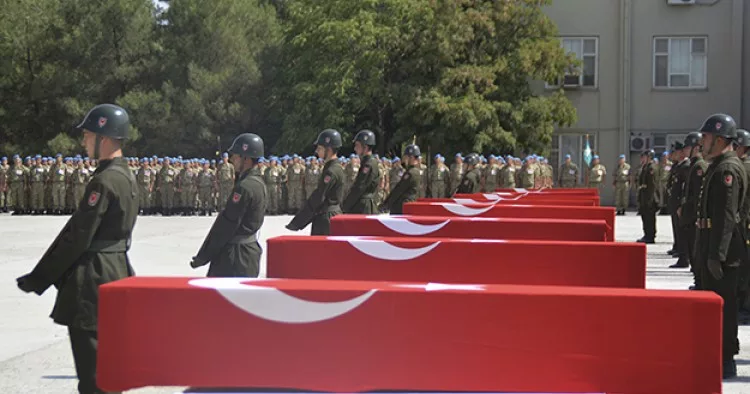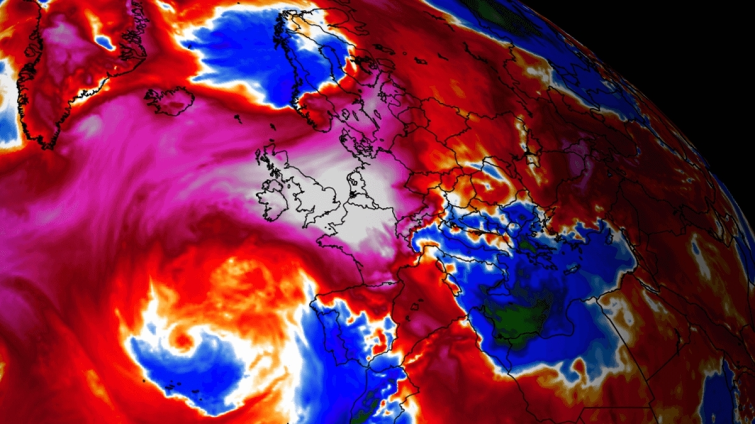In a swift and determined response to a recent bomb attack on government buildings in Ankara claimed by the outlawed Kurdistan Workers’ Party (PKK), Turkey has launched new air strikes in northern Iraq, targeting PKK strongholds. The strikes, conducted in regions including Metina, Gara, Hakurk, Qandil, and Asos, resulted in the destruction of 16 PKK targets, as reported by the Ministry of National Defence. The Turkish government emphasized its commitment to minimizing civilian and environmental harm during these operations.
The PKK’s claim of responsibility for the Ankara attack triggered Turkey’s immediate military response, underscoring the complex relationship between internal security concerns and broader regional dynamics. The bombing, which occurred during the opening of Turkey’s parliament session, coincided with discussions on Sweden’s NATO membership ratification. Turkey’s ratification process had faced delays due to its dissatisfaction with Sweden’s handling of PKK-related activities in Stockholm.
Ankara’s decisive action, including air strikes and domestic counter-terrorism measures, reflects its determination to combat terrorism promptly and resolutely. President Recep Tayyip Erdogan, addressing the parliament, conveyed a clear message that Turkey is no longer a nation where parliamentary sessions can be disrupted by coups, emphasizing a commitment to stability and national security.
The international community is closely watching Turkey’s response, especially its decision to strike beyond its borders under Article 51 of the United Nations Charter. This move may set a precedent for other nations dealing with similar security threats emanating from across their borders. Ankara’s assertive stance underscores the challenges faced by developing societies in countering terrorism and maintaining internal stability.
However, Turkey’s military actions in northern Iraq face opposition from Iraq, with President Abdul-Latif Rashid expressing Iraq’s rejection of Turkish air strikes and the presence of Turkish bases in the Kurdistan region. President Rashid emphasized the importance of reaching a diplomatic solution to address the issue, drawing parallels with a security agreement Iraq has with Iran regarding Iranian Kurdish separatist groups in the Kurdistan region.
The diplomatic tensions between Turkey and Iraq highlight the complexity of regional politics and the need for collaborative efforts to address shared security concerns. While Turkey asserts its right to self-defense against the PKK, Iraq seeks a negotiated settlement that respects its sovereignty and safeguards the well-being of civilians in the affected regions.
As Turkey confronts internal and external challenges posed by terrorism, it also faces scrutiny over its military actions and the potential impact on regional stability. The delicate balance between self-defense, diplomatic engagement, and respecting the sovereignty of neighboring nations remains a central theme in this evolving situation. The international community will closely observe how Turkey navigates these complexities while striving to ensure the safety of its citizens and regional stability.



